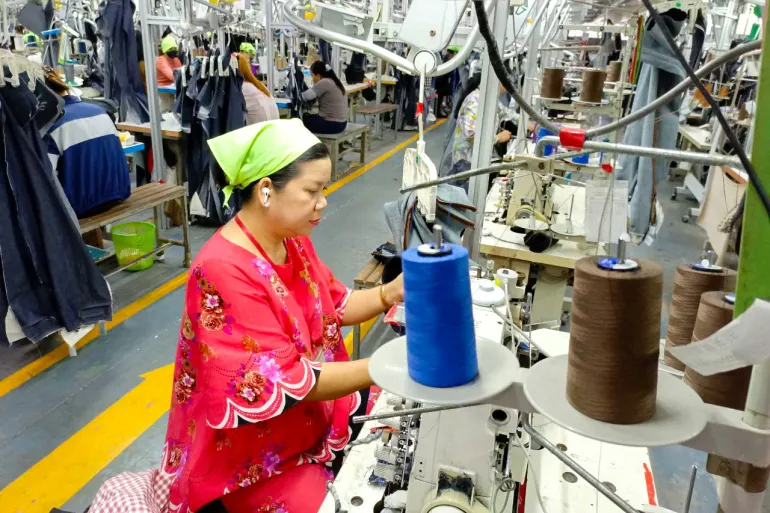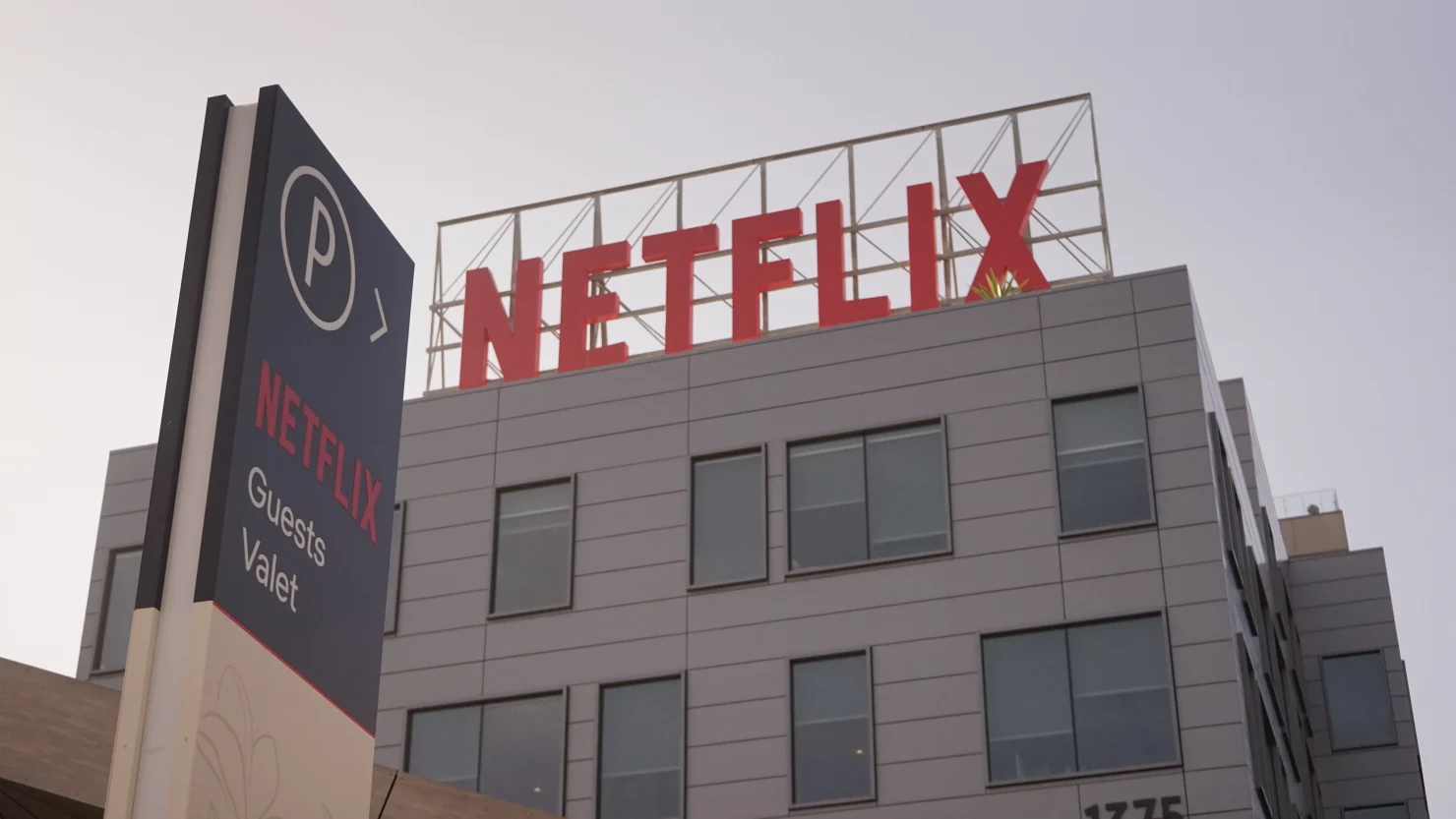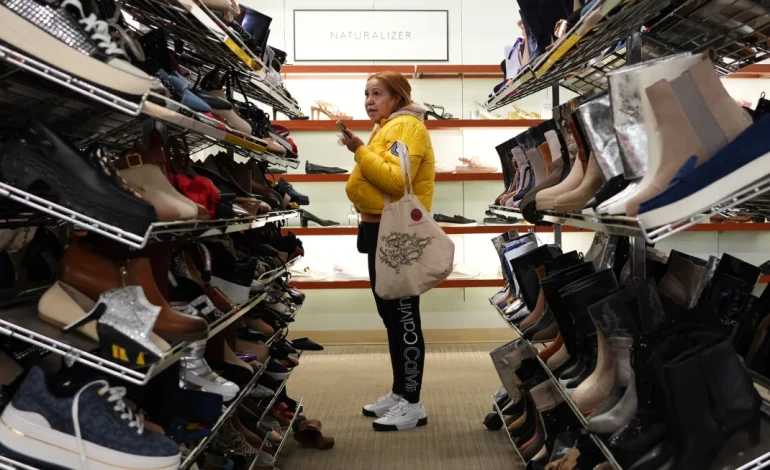Consumer confidence in the United States showed a significant improvement in May, rising for the first time since November, according to new data from the Conference Board.
The organization’s Consumer Confidence Index surged by 12.3 points to 98.0—far exceeding economists’ expectations of 88.0.
The boost in sentiment follows a five-month stretch of declining confidence, which had brought the index to its lowest levels since the onset of the COVID-19 pandemic. The rebound was driven primarily by improved consumer expectations for business conditions, employment prospects, and future income, according to the Conference Board.
The improvement coincided with developments in US trade policy, particularly President Donald Trump’s decision on May 12 to suspend the most severe tariffs on Chinese imports. While concerns about the economic impact of tariffs persist, progress in trade negotiations between the US and China appears to have eased consumer anxieties.
Stephanie Guichard, senior economist at the Conference Board, noted that:
“The rebound was already visible before the May 12 US-China trade deal but gained momentum afterwards.”
She added that optimism extended across all income levels, age groups, and political affiliations, with the most notable increases seen among Republican respondents.
Other indicators in the survey also reflected a brighter economic outlook. The Present Situation Index rose to 135.9, a 4.8-point gain, while the Expectations Index saw a substantial jump of 17.4 points, reaching 72.8. Investor sentiment improved as well, with 44% of respondents now expecting higher stock prices over the next year—a 6.4 percentage point increase from April.
Labor market perceptions also brightened. The percentage of consumers expecting more jobs to become available rose to 19.2%, up from 13.9% the previous month, while those expecting fewer jobs declined to 26.6% from 32.4%.
Despite the positive momentum, economic uncertainty remains. Ongoing tariff policies—some of which remain in place on a wide range of imports—continue to create pricing pressures, particularly in sectors such as retail and manufacturing. Major retailers including Walmart and Target have warned that tariffs could lead to higher prices for consumers.
Meanwhile, broader economic fundamentals remain relatively strong. The US unemployment rate is historically low, and job growth continues, albeit at a slower pace than earlier in the recovery. Inflation has cooled in recent months, with consumer inflation expectations falling to 6.5%—a half-percentage point drop from April.
While the recent rebound in consumer confidence is a positive sign, economists note that volatility in trade policy and global economic conditions could still weigh on future sentiment. The Conference Board cautioned that its survey data was collected before more recent trade developments, including new threats of tariffs on European goods, which have since been postponed.










The latest news in your social feeds
Subscribe to our social media platforms to stay tuned